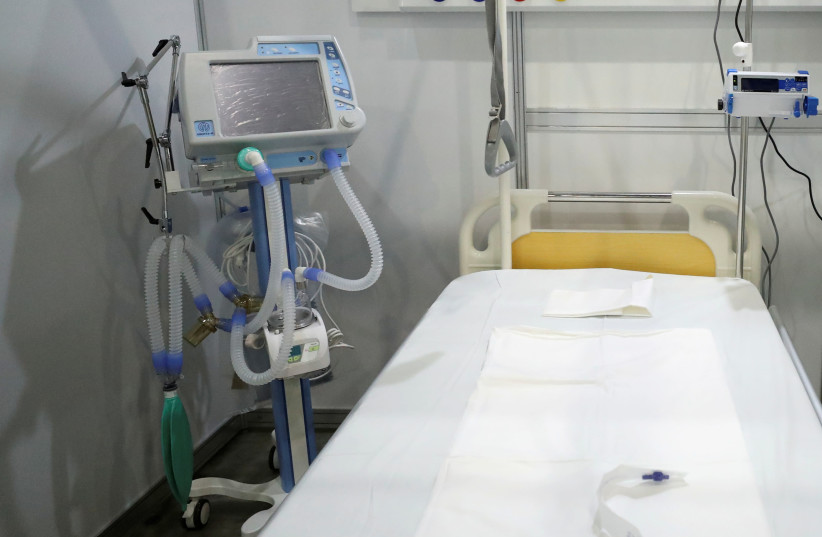New findings reveal that the ZIP codes of patients hospitalized with COVID-19 had a lot to do with how sick they were when they got to the emergency room – and how much care they needed once they were there.
The study, which looked at data from more than 2,300 patients being treated for COVID-19 in 38 hospitals across Michigan from March to December 2020, was conducted by researchers at the University of Michigan and the University of Colorado. It was published in the Annals of Internal Medicine.
Even after the researchers took into account the underlying health of each person they studied, the social vulnerability index (SVI) of their home ZIP code still made a difference. SVI combines multiple factors to create a score based on such things as a local area’s average income, education level and household density as well as the percentage of households led by single parents or where English is not the primary language.

People who resided in the most underprivileged ZIP codes were more likely to have severe symptoms when admitted such as low blood oxygen levels, and to need support for failing lungs and other organs through ventilators and dialysis once they were in a hospital bed.
The researchers noted, however, that the underprivileged patients were no more likely to die or need long-term care than those from more affluent neighborhoods.
“Outcomes at hospital discharge appear equitable for these patients, but the question is, ‘What leads to the initial disparities in seriousness of illness that they arrive with?'” said Dr. Renuka Tipirneni, lead author of the study and an assistant professor of internal medicine at Michigan Medicine.
“Are people not getting access to testing or treatment early in their illness? Are there other individual patient-level social risks such as ongoing difficulties with transportation, housing or sick leave at work? Did they delay seeking care because of lack of access?” she asked.
The research could help policymakers target less-privileged areas with more services to prevent and respond to coronavirus cases. A handful of states have already started to use SVI to prioritize COVID vaccination outreach.
